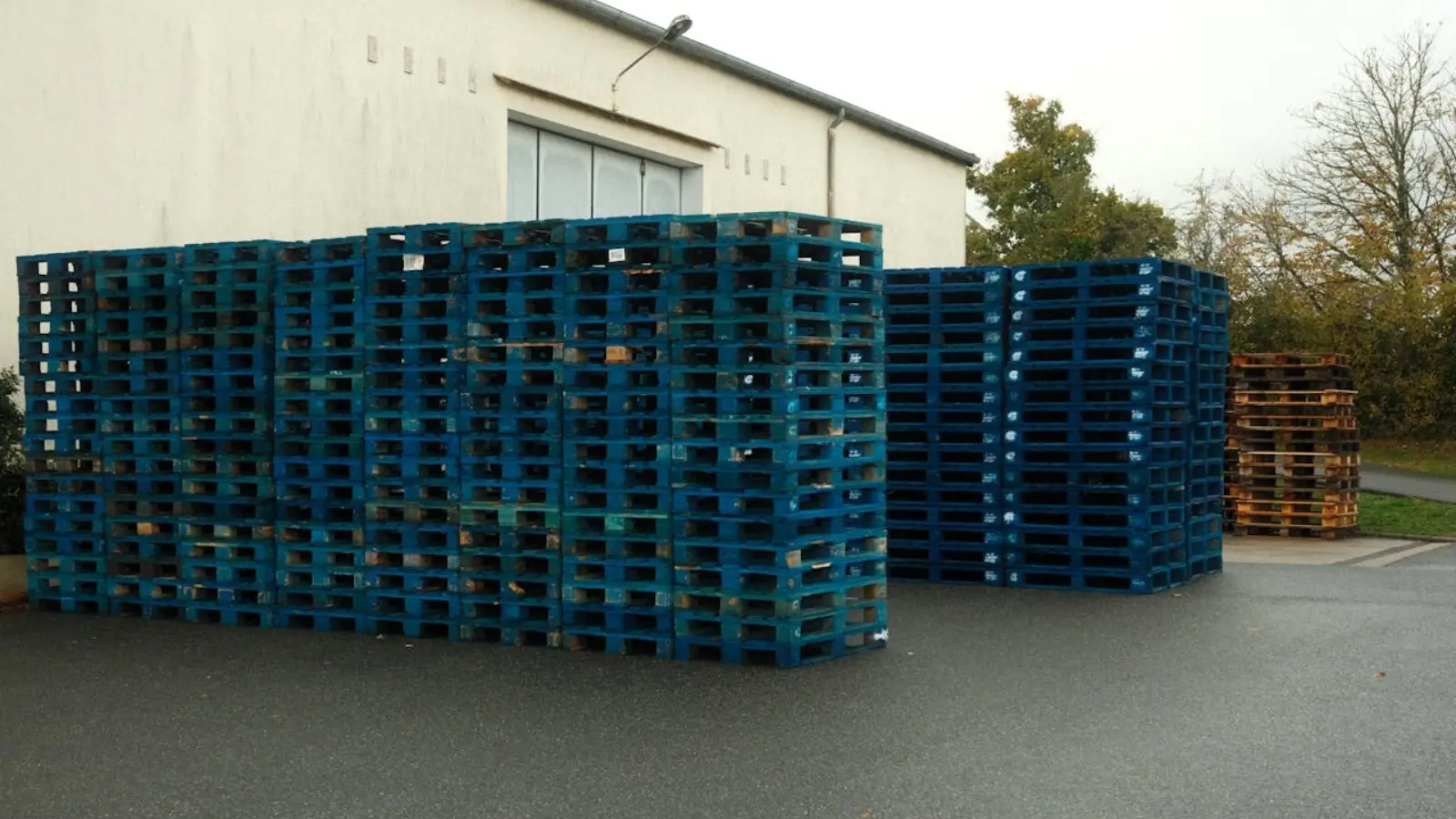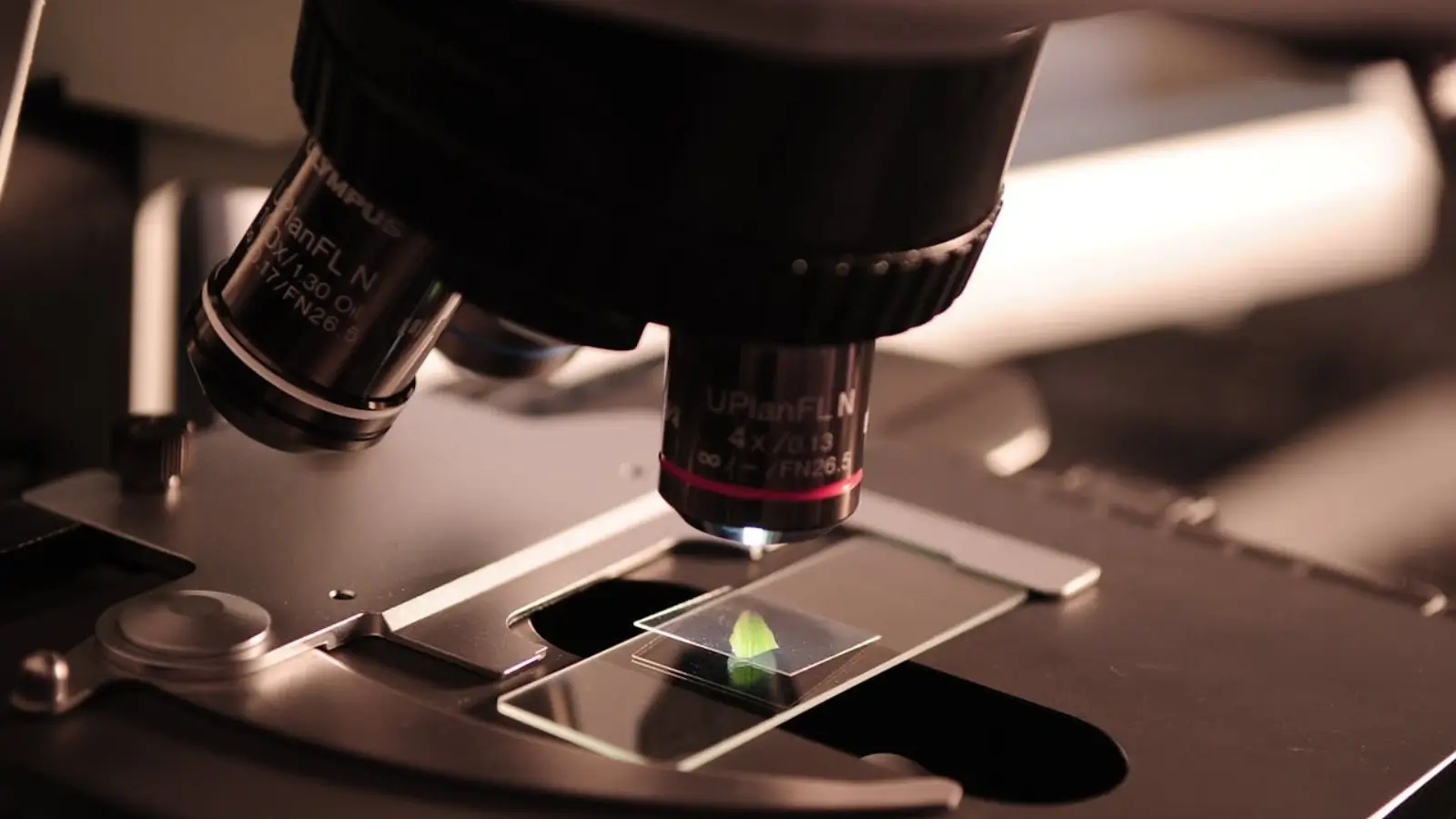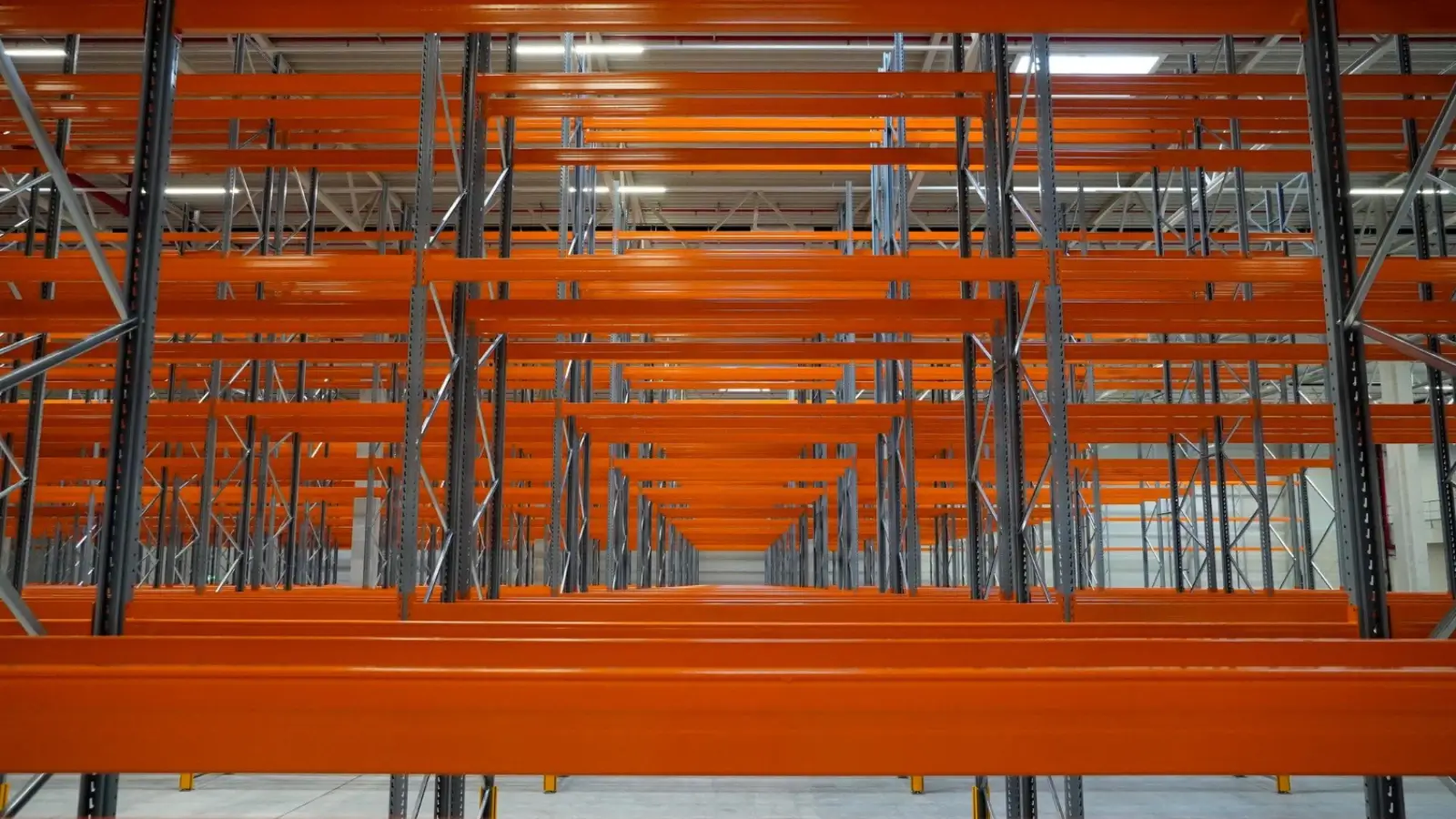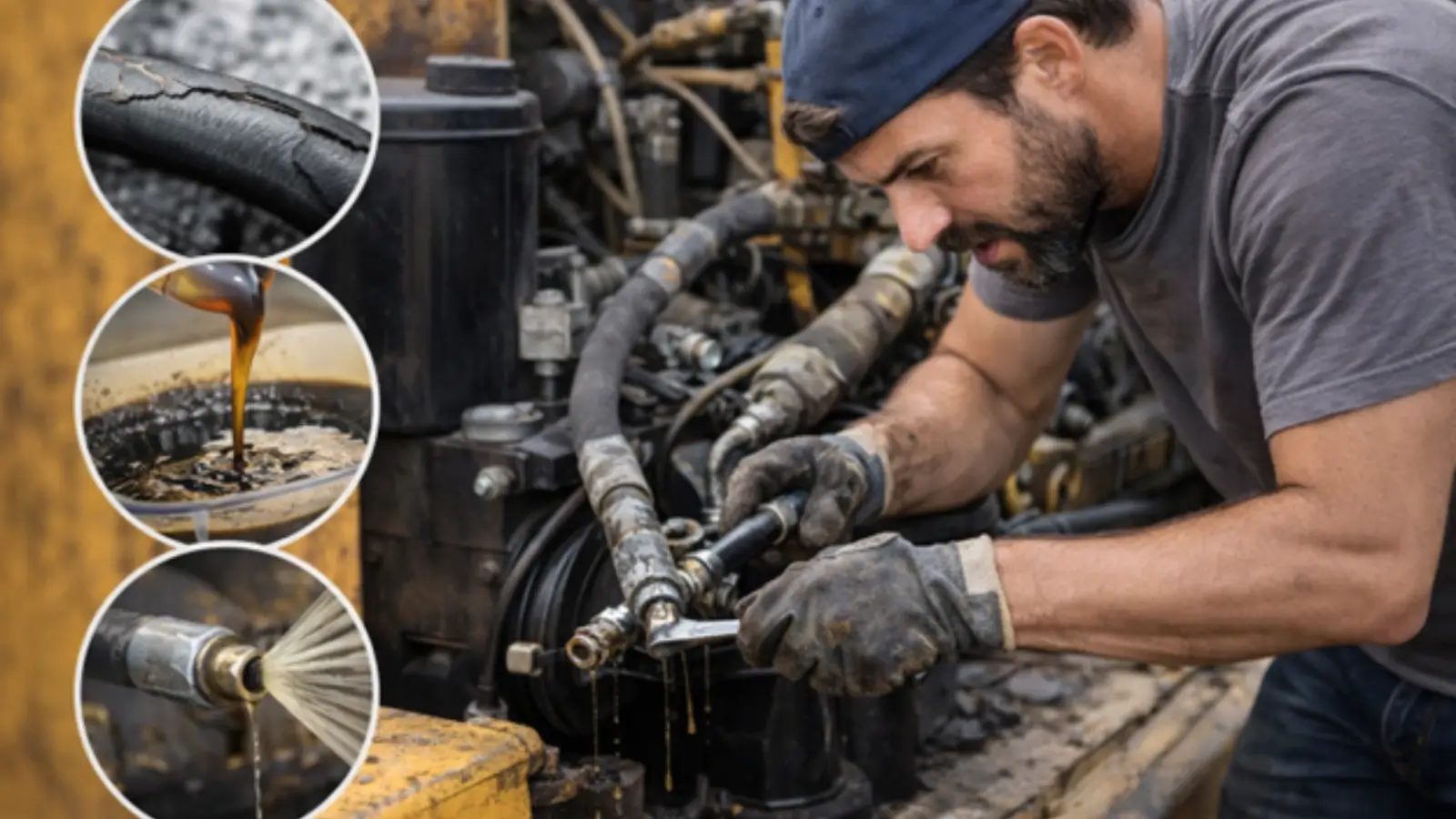Keep your hot water flowing and your system protected by replacing the sacrificial anode on time. A simple anode replacement can significantly extend the lifespan of your hot water tank, saving you from costly repairs or premature system replacement. It’s a small component, but it plays a big role in protecting your investment.
One of the most effective ways to extend your system’s life is by replacing anode in hot water tank as part of regular maintenance. This process helps prevent internal corrosion and keeps your unit running efficiently for years. It’s a smart, cost-effective step that many homeowners overlook—until issues arise.
What Is a Hot Water Tank Anode?
The anode, also known as a sacrificial anode rod, is a metal rod placed inside your hot water tank. Its purpose is to attract corrosive elements in the water, effectively sacrificing itself to protect the inner walls of your tank from rust and corrosion. Over time, the anode deteriorates as it does its job, eventually needing to be replaced before it’s fully consumed.
Why Anode Replacement Matters
Neglecting the anode can lead to corrosion inside the tank. Once the anode is gone, rust starts attacking the tank lining itself. This leads to leaks, reduced efficiency, foul-smelling water, and the need to replace the entire unit sooner than necessary. Regular anode maintenance is a cost-effective way to prevent these issues.
Signs Your Anode Needs Replacing
While it’s best to schedule routine checks, there are some signs that your anode may be due for replacement: strange-smelling hot water (especially a sulfur or rotten egg odour), rust-coloured water, reduced hot water capacity, or unusual noises from the tank. If your hot water system is more than 3–5 years old and hasn't been serviced, it’s time to have the anode inspected.
How Often Should You Replace the Anode?
Most anodes last between 3 to 5 years, depending on water quality, tank usage, and the material of the rod. In areas with hard or mineral-rich water, replacement might be needed more often. Regular inspections by a licensed plumber ensure your anode is doing its job and that your tank stays protected.
The Replacement Process Explained
An anode replacement is a straightforward job for a professional plumber. First, the power or gas to the hot water system is safely shut off. Then, the anode rod is accessed—usually through the top of the tank. The old, corroded rod is removed, and a new one is installed. The system is then re-pressurised, and everything is tested to ensure proper operation. The entire process typically takes less than an hour.
Types of Anode Rods
There are different types of anodes used in hot water tanks: magnesium, aluminium, and zinc-aluminium. Magnesium rods are common and offer superior protection, but may degrade faster in hard water. Aluminium rods last longer and perform well in high-mineral environments. Zinc rods are used when odour is a concern. Your plumber can advise on the best type for your system and water quality.
Benefits of Timely Anode Replacement
Replacing your hot water tank’s anode rod extends the life of your system by reducing internal corrosion. It also improves the quality of your hot water by preventing rust and odour, maintains energy efficiency, and saves you money by avoiding premature replacement of your hot water system. It’s a small maintenance task that pays off big in the long run.
DIY or Hire a Professional?
While some handy homeowners may be tempted to replace the anode themselves, the job requires proper tools and safety precautions. Hot water systems can be dangerous when not handled correctly. Hiring a licensed plumber ensures the job is done quickly, safely, and correctly, often with a warranty on the service provided.
How to Schedule Anode Maintenance
Most plumbers recommend scheduling a full system check-up every 2–3 years, with a specific focus on anode condition around the 3–5 year mark. Booking regular maintenance visits allows any wear or early issues to be caught before they become major problems. Many providers offer maintenance reminders so you don’t have to track it yourself.
Conclusion
Replacing your hot water tank’s anode is one of the simplest yet most effective ways to maintain your system’s performance, extend its life, and avoid costly breakdowns. While it’s often overlooked, this small component works silently to prevent internal corrosion and preserve water quality. Timely replacement can save you thousands in repair or replacement costs down the line. Whether your system is aging or it’s just been a few years since the last check-up, investing in professional anode maintenance is a smart move. Don’t wait for visible signs of damage—protect your home, your budget, and your peace of mind by scheduling an anode inspection or replacement today.

















